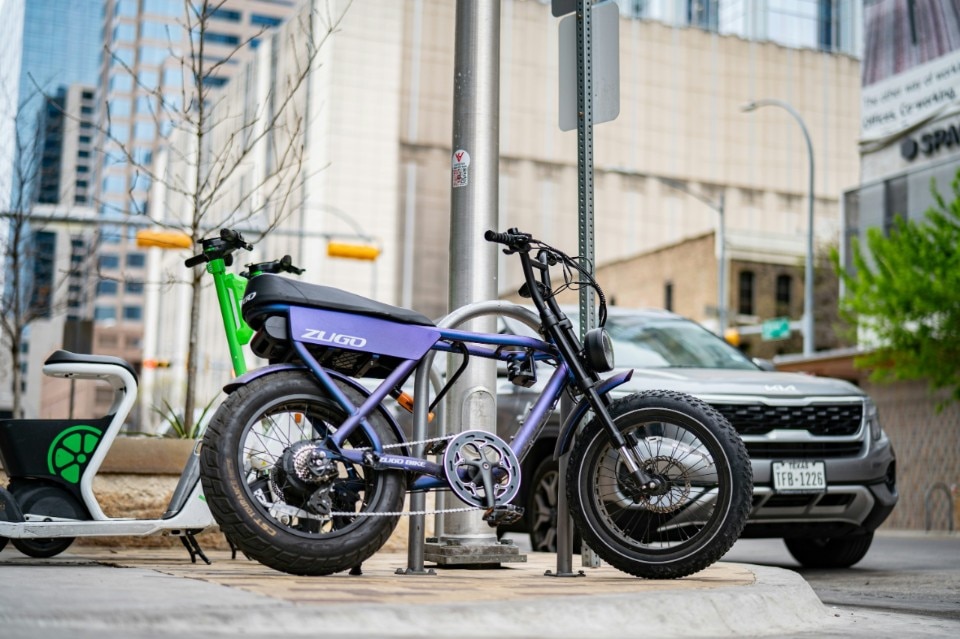Electric bicycles are taking an increasing role in metropolitan mobility providing an essential and affordable addition to transportation options. A study conducted with data from the Household Travel Survey in Jiading, Shanghai, attempts to outline the benefits of this phenomenon by highlighting the advantages of e-bikes, including reducing car dependence and increasing mobility for people of all ages.

Located in the northwestern corner of Shanghai, the district serves as an ideal backdrop for this study. With a population of 1.8 million and a modal share in which e-bikes account for 27 percent of transportation (second only to cars with 33 percent), Jiading thus appears to be a microcosm of urban transportation challenges.
The evidence collected – from the team consisting of Ailing Yin, Xiaholng Chen, Frauke Behrendt, Andrew Morris, and Xiang Liu – describes how e-bikes can lead to a reduction of up to 19 percent in the share of car use in dual-mode households compared to car-only households, while also encouraging a greater variety of noncommuting activities compared to car-only households.

In contrast, competition becomes more difficult with public transportation, As more and more people choose the convenience and independence of electric bicycles, the need for buses and trains has decreased slightly in this study area. However, this effect is modest and suggests that e-bikes are carving out a unique niche rather than replacing public transportation options.

